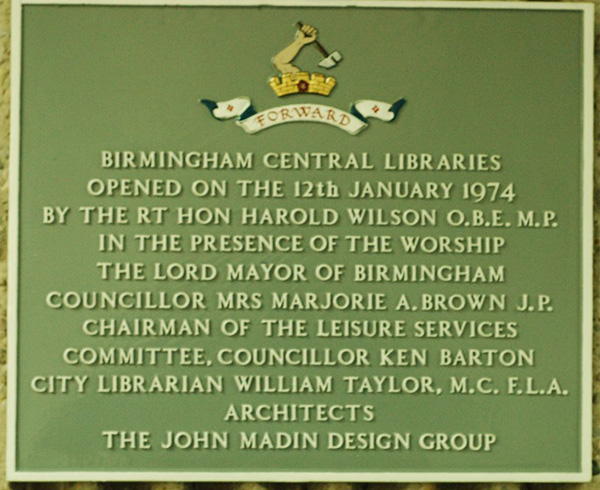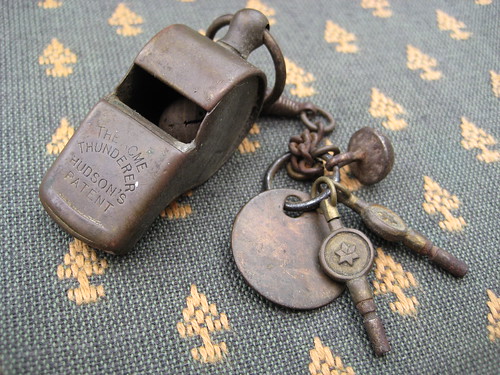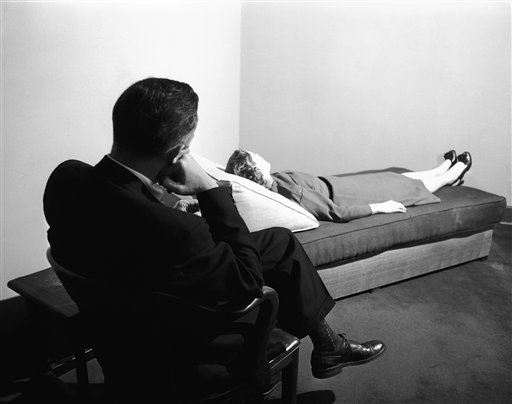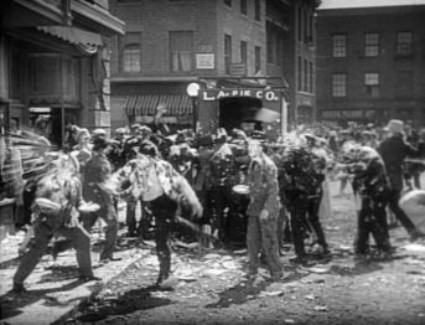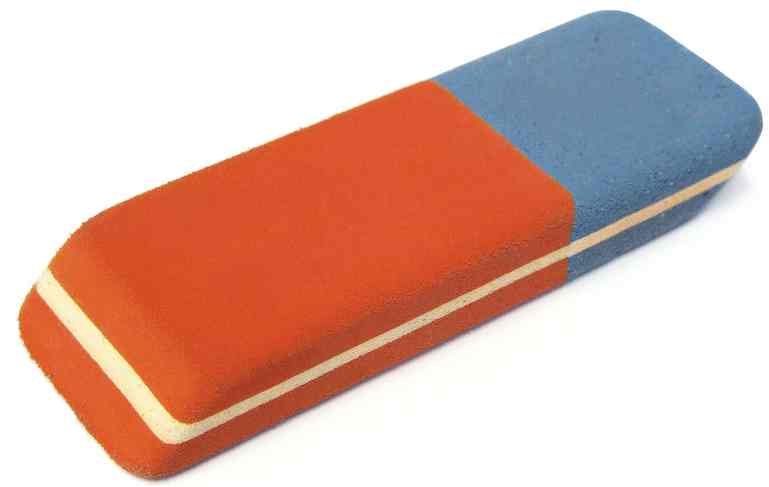The thing about anywhere you consider ‘home’ is that you never really start considering it that way until it’s not there any more.
Walking into Central Library on its last day I found it devoid of books, mostly partitioned off, infused with dour atmosphere and dotted with cheap furniture. It looked for all the world like a second world abortion clinic. And it felt like being punched in the back of the head.
But even then walking out of the doors—knowing it’ll be the last time—bought a lump to my throat the size of a child’s fist.
Sometimes home is stolen gradually. Changes adding up slowly between each visit until you look around one quiet afternoon and wonder where the fuck you are and who these fucking people are anyway.
Other times you’re standing outside the charred remains of the club that defined your young adult life noticing that even days later the heap that was Edward’s Number 8 is still kicking off heat and smells like Bonfire Night.
Being dyslexic meant that learning to read was difficult. But my mum not only more than prepared me for school, she sparked a love of reading that meant I quickly burnt through the children’s section of the local library. Then, because I was a regular in there, the adult section. So I was allowed on the bus to go to the other local libraries. And when I had inhaled the contents of those, my parents relented to my nagging and allowed me to go to the Central Library.

